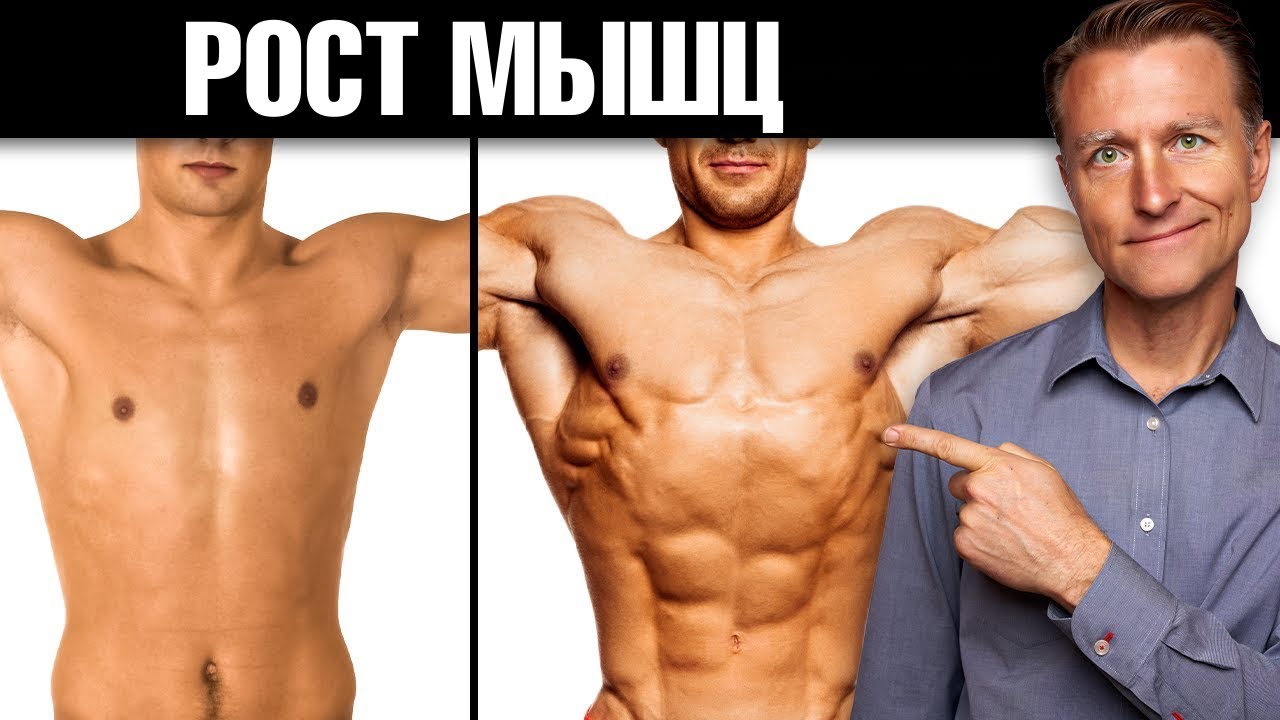Does Time-Restricted Eating Hurt or Help Gains? | Educational Video | Biolayne
Summary
TLDRIn this informative video, the speaker discusses a recent study on intermittent fasting and muscle protein synthesis, highlighting its potential impact on lean mass and body composition. The study compared time-restricted eating with regular meal distribution in recreationally active men over ten days. Despite equal protein intake, results showed no significant differences in muscle protein synthesis, yet the time-restricted group experienced greater lean mass loss. The speaker advises that while traditional 16:8 intermittent fasting may not hinder muscle gains, more extreme fasting protocols could lead to muscle loss. He emphasizes the importance of frequent high-quality protein meals for optimal muscle growth.
Takeaways
- 😀 Intermittent fasting can influence muscle protein synthesis, but results may vary based on meal timing and protein intake.
- 📊 A recent study published in the *Journal of Obesity* examined time-restricted eating compared to normal meal distribution over 10 days.
- 🏋️♂️ Participants were middle-aged men who were recreationally active but not involved in resistance training.
- 🍽️ The control group had meals evenly spaced at 8 AM, 2 PM, and 8 PM, while the time-restricted group ate from 10 AM to 6 PM.
- 🧪 The study used stable isotope technology to accurately assess muscle protein synthesis rates, providing high control over the data.
- 📉 No significant differences in muscle protein synthesis were found between the two groups despite varying meal timing.
- 💪 The time-restricted eating group experienced greater loss of lean mass, while the control group lost more body fat.
- 🔍 Blood glucose control was slightly better in the time-restricted group, but the reasons for this remain uncertain.
- ⚠️ The short duration of the study (10 days) and the low number of participants (18) limit the ability to draw broad conclusions.
- 🗨️ Personal recommendation: A traditional 16:8 fasting approach may not hinder muscle gain if sufficient high-quality protein is consumed.
Q & A
What is the main topic of the video?
-The main topic is the comparison between time-restricted eating (TRE) and regular meal distribution concerning muscle protein synthesis (MPS).
What background does the presenter have that is relevant to the topic?
-The presenter has a PhD focused on muscle protein synthesis in response to different feeding patterns.
What is one criticism of time-restricted feeding mentioned in the video?
-One criticism is that dietary protein cannot be effectively stored, which could hinder muscle protein synthesis during extended fasting periods.
What was the duration of the study discussed, and why is it considered short?
-The study lasted 10 days, which is considered short for drawing definitive conclusions about muscle protein synthesis and body composition.
How did the researchers ensure control over the participants' diet?
-The researchers provided all meals to participants, eliminating variability in dietary adherence that often occurs in free-living studies.
What technology did the researchers use to assess muscle protein synthesis?
-They used stable isotope technology, specifically deuterated water, which allows tracking of hydrogen in the body to measure MPS.
What were the meal timing schedules for the control and TRE groups?
-The control group ate meals at 8 AM, 2 PM, and 8 PM, while the TRE group had breakfast at 10 AM, lunch at 2 PM, and dinner at 6 PM.
What were the findings regarding muscle protein synthesis between the two groups?
-The study found no significant difference in muscle protein synthesis between the TRE group and the control group.
What unexpected results were observed regarding body composition?
-The TRE group showed a greater loss of lean mass and less body fat loss compared to the control group, despite equal calorie and protein intake.
What is the presenter's personal recommendation regarding intermittent fasting for muscle gain?
-The presenter recommends the traditional 16:8 fasting protocol if high-quality protein is consumed, but notes that more extreme fasting protocols might lead to lean mass loss.
Outlines

このセクションは有料ユーザー限定です。 アクセスするには、アップグレードをお願いします。
今すぐアップグレードMindmap

このセクションは有料ユーザー限定です。 アクセスするには、アップグレードをお願いします。
今すぐアップグレードKeywords

このセクションは有料ユーザー限定です。 アクセスするには、アップグレードをお願いします。
今すぐアップグレードHighlights

このセクションは有料ユーザー限定です。 アクセスするには、アップグレードをお願いします。
今すぐアップグレードTranscripts

このセクションは有料ユーザー限定です。 アクセスするには、アップグレードをお願いします。
今すぐアップグレード関連動画をさらに表示

4 неожиданных способа быстро нарастить мышцы 💪

Intermittent Fasting: How to Best Use it for Fat Loss (5 Things You Need to Know)

Why Experts are Warning Against Fasting - Dr. Peter Attia, Dr. Rhonda Patrick, Dr. Gabrielle Lyon

Losing fat while gaining muscle via body recomposition│Dr. Brad Schoenfeld

How much protein is needed to build and maintain muscle mass? | Layne Norton

Eat Carbs to Build Muscle | New Science!
5.0 / 5 (0 votes)
